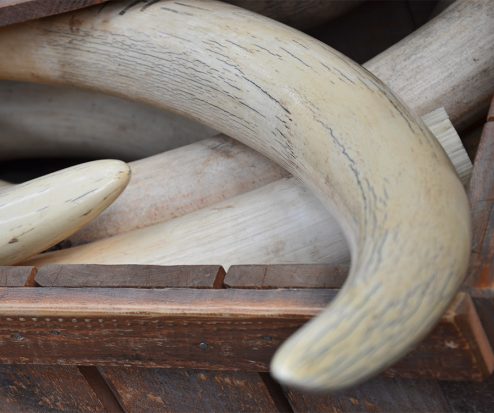
Wildlife trafficking: a new frontier for organised financial crime
JOHN BASQUILL, 15 June 2021
 Pressure is growing on financial institutions to toughen their approach to environmental crime, with G7 leaders vowing to crack down on the illicit fund flows supporting wildlife trafficking and campaign groups warning that the activity has morphed from a conservation issue to a financial crime concern.
Pressure is growing on financial institutions to toughen their approach to environmental crime, with G7 leaders vowing to crack down on the illicit fund flows supporting wildlife trafficking and campaign groups warning that the activity has morphed from a conservation issue to a financial crime concern.
In a communique issued ahead of June’s annual G7 summit, the finance ministers and central bank governors of Canada, France, Germany, Italy, Japan, the UK and the US jointly sounded the alarm that greater attention is being paid to wildlife trafficking.
Environmental crimes “generate billions of dollars in illicit finance and enable corruption and transnational organised crime”, the communique said, with efforts underway to establish and strengthen registers of companies’ true beneficial ownership.
The problem has grown much more severe in recent years, with Traffic – a campaign group tackling wildlife crime – saying that the illegal wildlife trade is now believed to be the fourth-largest illicit transnational activity in the world.
According to the UN, illegal trafficking and other wildlife crimes generate US$7-23bn per year in illicit cash. When combined with illegal fishing and logging, the World Bank estimates that annual proceeds could total as much as US$2tn.
Financial crime authorities have given increasing attention to the topic, particularly after a detailed report on wildlife crime from the Financial Action Task Force (FATF), an influential standards-setting body, published in June last year.

